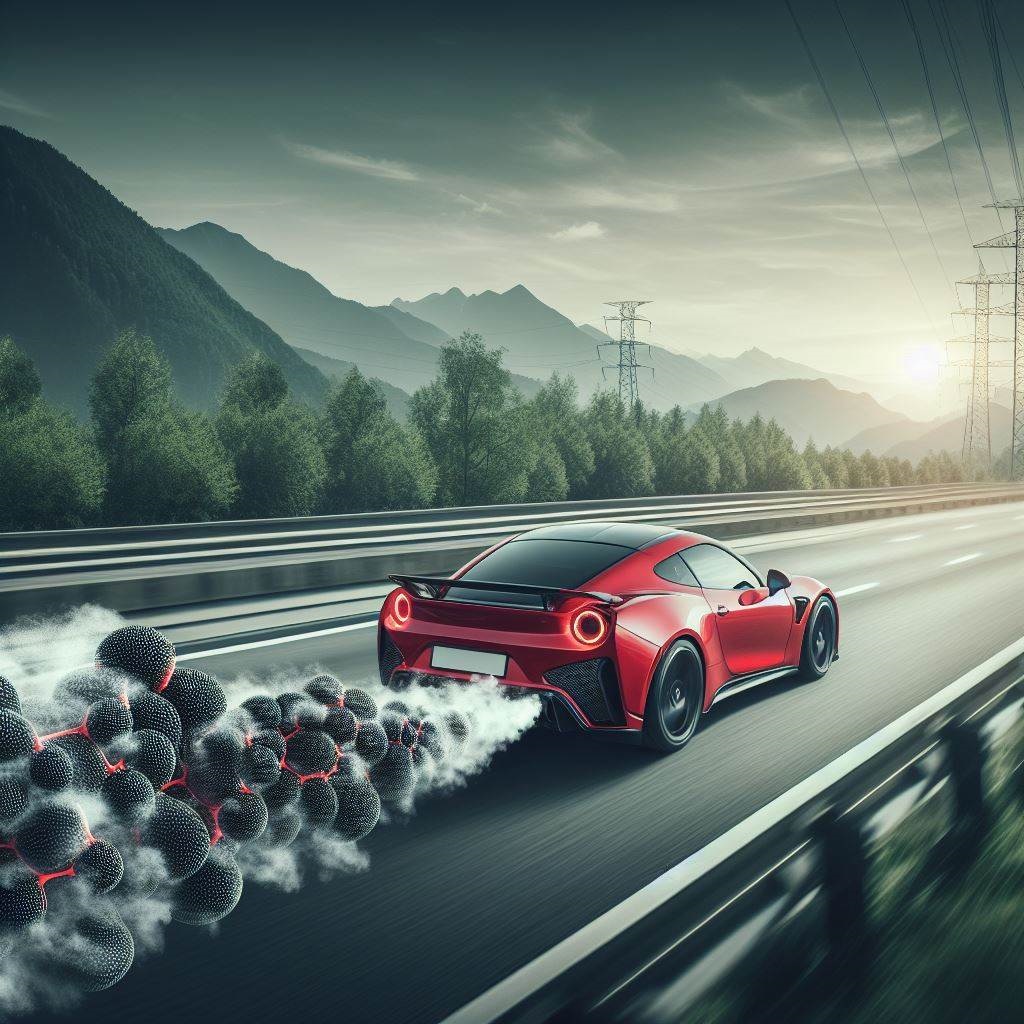Introduction:
India's capital city, New Delhi, is grappling with a persistent challenge: air pollution. Despite various mitigation efforts, the air quality remains dangerously unsafe, particularly as winter sets in. This issue not only affects the health and well-being of residents but also demands urgent attention to safeguard the environment and public health.The Odd-Even Vehicle Rule:
In response to the escalating pollution levels, the local government has announced the implementation of the "odd-even" vehicle rule from Nov. 13-20. This strategy aims to reduce vehicular emissions, a significant contributor to air pollution in the city. Under this rule, vehicles with odd registration numbers will ply on odd dates, while those with even numbers will operate on alternate days. While this measure has been deployed previously, its effectiveness in curbing pollution remains debated.
Challenges and Effectiveness:
Environmental experts have noted both successes and limitations of the odd-even rule. While it has helped alleviate traffic congestion, its impact on reducing pollution levels has been less pronounced. The rule's effectiveness depends on various factors, including public compliance, enforcement mechanisms, and concurrent measures to address other pollution sources.Comprehensive Approach:
While the odd-even rule targets vehicular emissions, tackling air pollution demands a multifaceted approach. Measures such as stringent enforcement of emission norms, promoting cleaner fuels, enhancing public transportation infrastructure, and curbing industrial emissions are imperative. Additionally, addressing factors like crop residue burning and construction dust requires concerted efforts at regional and national levels.Public Health Implications:
The hazardous air quality in New Delhi poses significant health risks to its residents. Studies have linked air pollution to a myriad of health issues, including respiratory ailments, cardiovascular diseases, and adverse pregnancy outcomes. The recent analysis highlighting the correlation between poor air quality and adverse birth outcomes underscores the urgent need for action. Buy Now
Buy Now